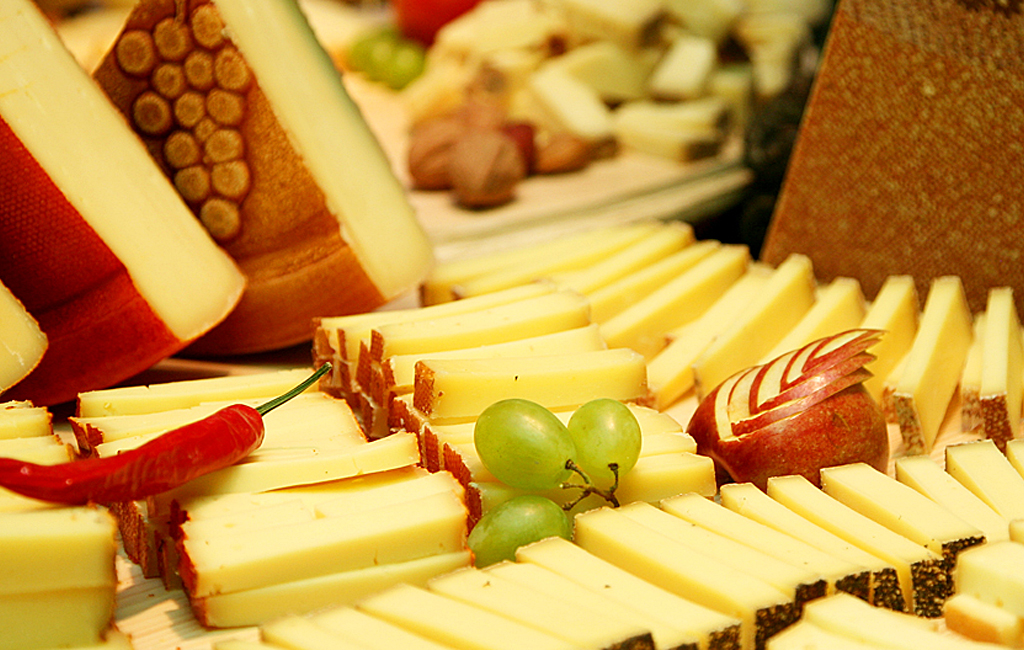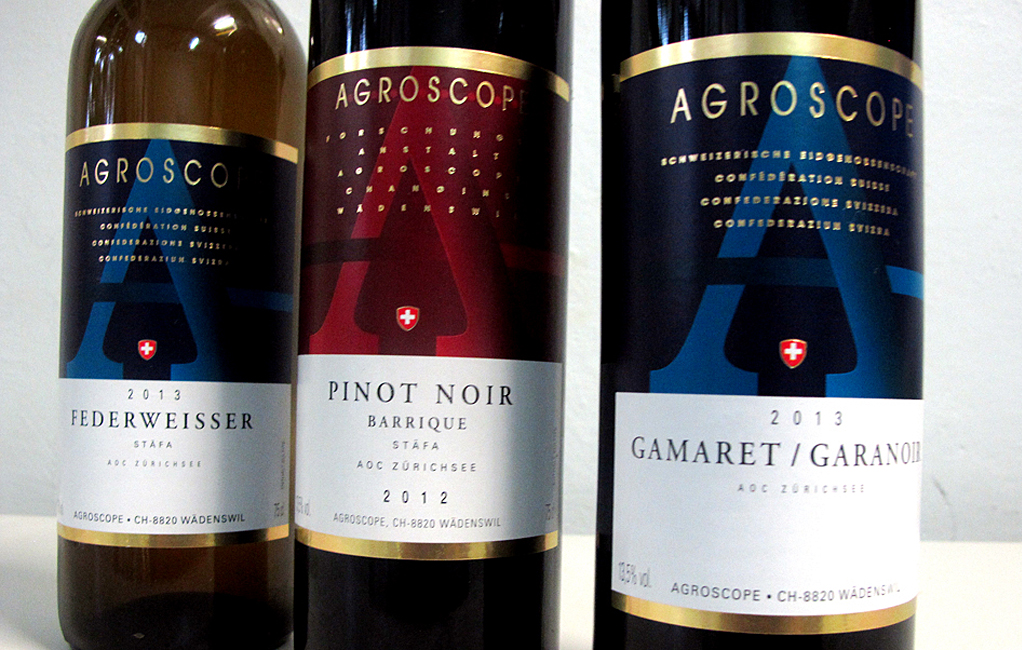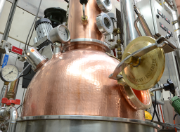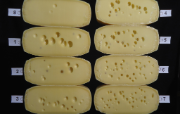Swiss Cheese and Potatoes with Lower Environmental Impacts than Imported Goods

From an environmental point of view, Swiss milk production has a site advantage over foreign countries. With Swiss potatoes, the short transport distances have a positive impact, whilst for wheat bread, beef and feed barley the results are not clear-cut. The findings are from the study ‘Life-Cycle Assessment of Selected Swiss Agricultural Products Compared to Imports’.
FOODBALL
Evaluating the food intake of subjects taking part in nutritional studies remains problematic. Biomarkers measured in e.g. blood and urine samples are essential for the objective measurement of this parameter. To this end, the international consortium Food Biomarkers Alliance (FOODBALL), whose Swiss partners are Agroscope and the University Hospital of Lausanne (CHUV), will be setting up a platform to facilitate the sharing of knowledge about human metabolites from foods. Objective data on dietary intake will lead to a better understanding of the impact of specific foods on health.
Medals Awarded for Excellence in Research

Agroscope’s wine research starts in the vineyard. The grapes are harvested, analysed and vinified to be tasted by experts. In this way, traceability is ensured and results are comparable. For a crop influenced by terroir, regional specificities must be respected. The Agroscope vineyards throughout the wine-growing areas of Switzerland vouch for this. The best wines are presented in competitions, allowing an unbiased judgement. In 2014, silver medals were taken at Expovina international with the Pinot Noir Barrique 2012, the Gamaret-Garanoir 2013 and the Rosé de Pinot Noir 2013 – three wines from Wädenswil.
Practical Research for High Quality: 6 Years of DARF

In order to hold their ground against foreign competition in the highly competitive spirits market, Swiss producers focus on quality and innovation. They are supported in this among others by Agroscope, who promote the quality of Swiss distillates with practical research, training opportunities and national awards. ‘DARF’ stands for ‘Destillate Agroscope Swiss Alcohol Board’) and has chalked up 6 successful years.
Actively Controlling Hole Formation in Cheese

How are holes formed in cheese? The Cheese Quality Research Group demonstrated for the first time that plant particles trigger the formation of holes. Such particles are unintentionally introduced into the milk during the milking process and cause full-scale hole formation. The addition of around ten milligrams of plant particles per metric ton of milk enables effective control of the number of holes in the cheese, which is very important for Swiss cheese.





